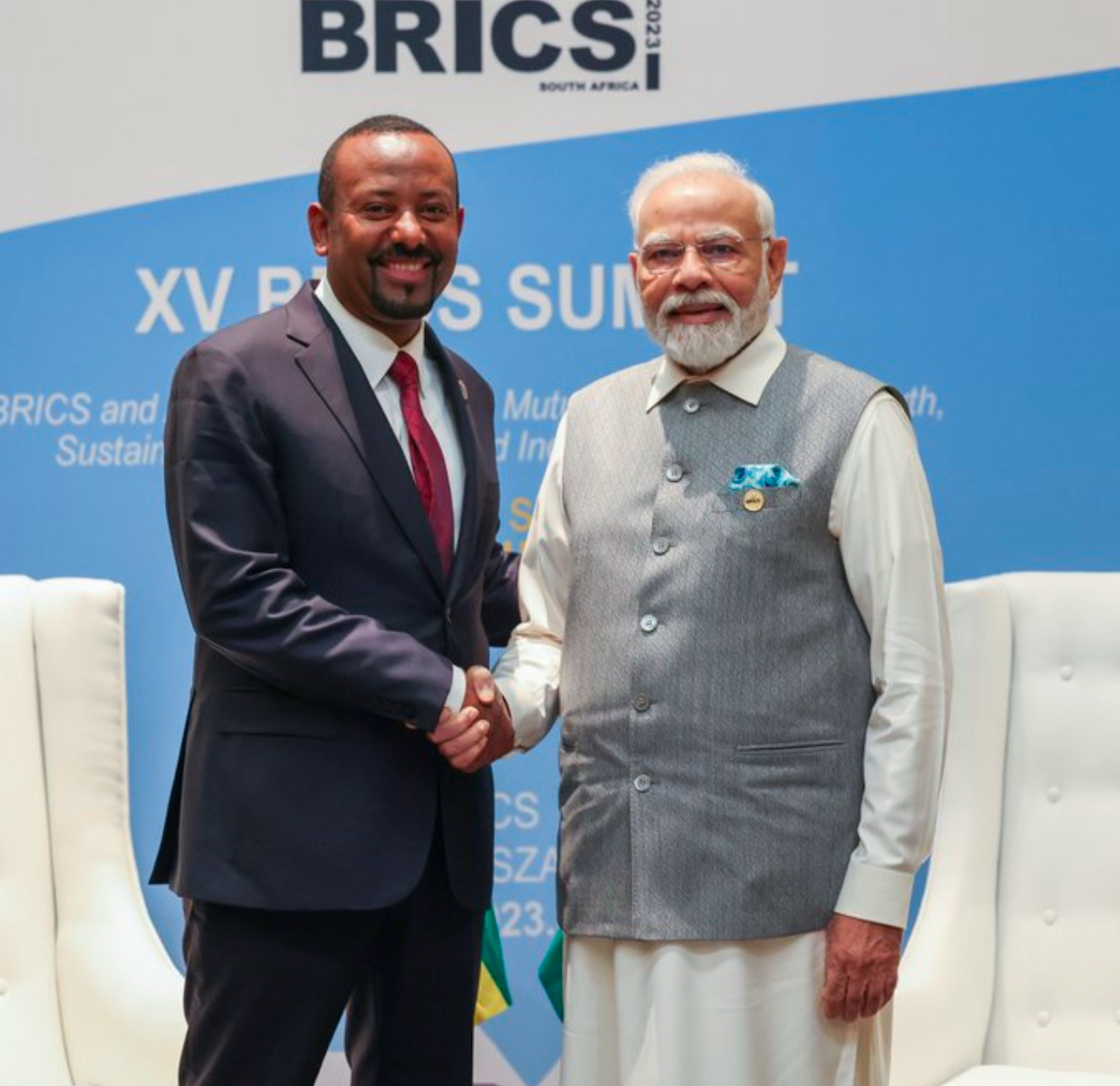 Ethiopia is calling for deeper collaboration among BRICS nations to strengthen tourism ties, following its recent admission into the bloc. The Ethiopian government emphasizes that bolstering intra-BRICS tourism partnerships can drive economic growth, cultural exchange, and sustainable development across member states.
Ethiopia is calling for deeper collaboration among BRICS nations to strengthen tourism ties, following its recent admission into the bloc. The Ethiopian government emphasizes that bolstering intra-BRICS tourism partnerships can drive economic growth, cultural exchange, and sustainable development across member states.
Tourism Minister Nasise Challi highlighted the potential benefits of BRICS membership for Ethiopia’s tourism sector, noting that it opens avenues for increased investment and knowledge sharing. She stated that Ethiopia is eager to work with fellow BRICS countries—Brazil, Russia, India, China, and South Africa—to promote mutual tourism opportunities and enhance connectivity.
Ambassador Leulseged Tadese Abebe, Ethiopia’s envoy to Brazil, echoed this sentiment, emphasizing the country’s rich cultural heritage and natural attractions. He pointed out that Ethiopia boasts 17 UNESCO-listed heritage sites and diverse landscapes, making it an attractive destination for international tourists. The ambassador underscored the importance of joint efforts within BRICS to promote tourism and facilitate easier travel among member nations.
In a recent development, Ethiopia and South Africa have initiated discussions to strengthen bilateral tourism ties under the BRICS framework. South African Ambassador to Ethiopia, Nonceba Losi, mentioned plans for technical collaboration, including sharing expertise in wildlife conservation and park management. She also noted the potential for increased tourist flows between the two countries, leveraging the vast population within BRICS nations.
 Ethiopia’s State Minister of Tourism, Sileshi Girma, emphasized the strategic importance of BRICS as a platform for tourism development. He highlighted the opportunity to tap into a significant portion of the world’s population, fostering economic development and cultural exchange.
Ethiopia’s State Minister of Tourism, Sileshi Girma, emphasized the strategic importance of BRICS as a platform for tourism development. He highlighted the opportunity to tap into a significant portion of the world’s population, fostering economic development and cultural exchange.
As Ethiopia integrates further into the BRICS alliance, it aims to capitalize on these partnerships to boost its tourism sector, attract investment, and contribute to the broader objectives of sustainable development and economic cooperation among member states.

